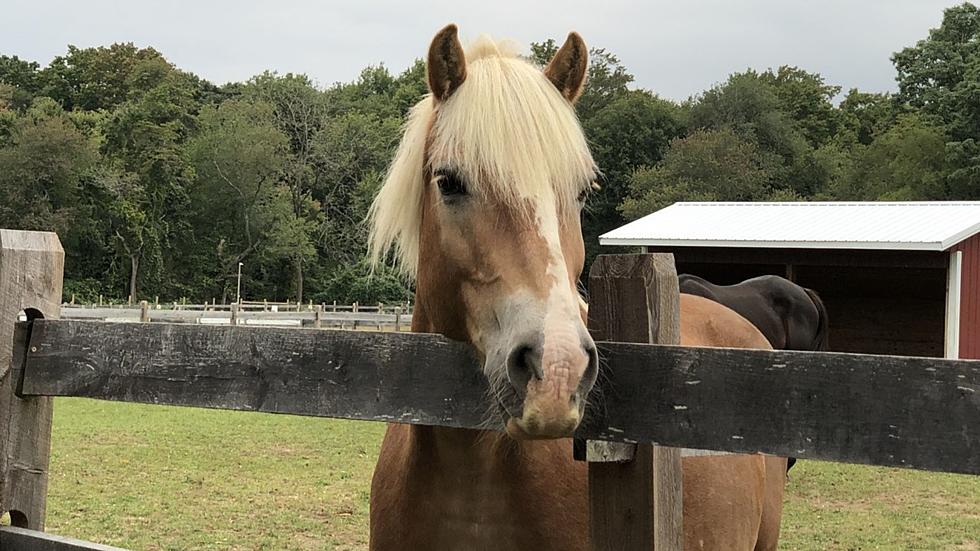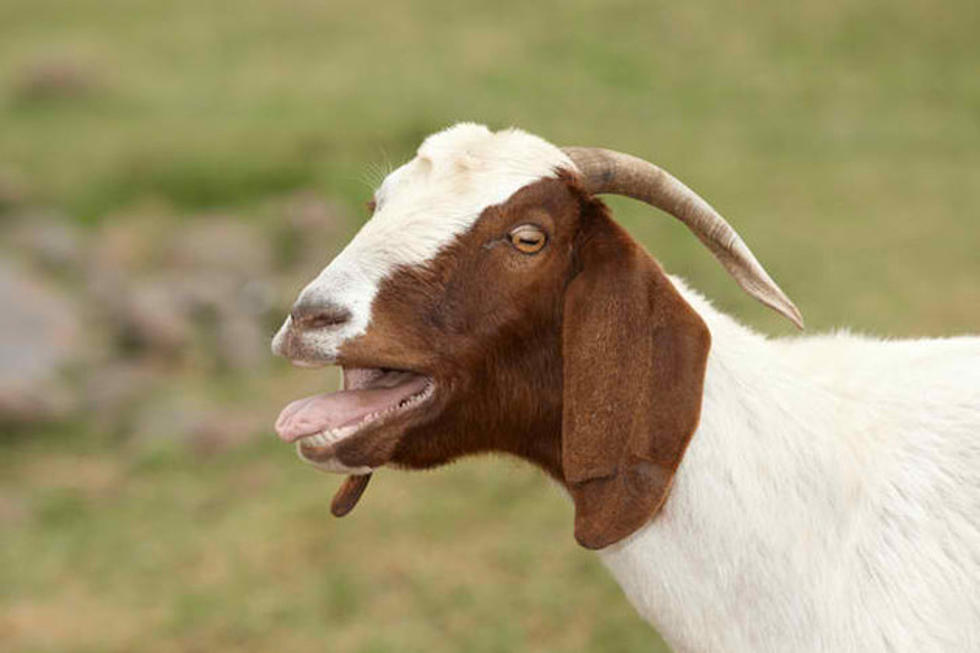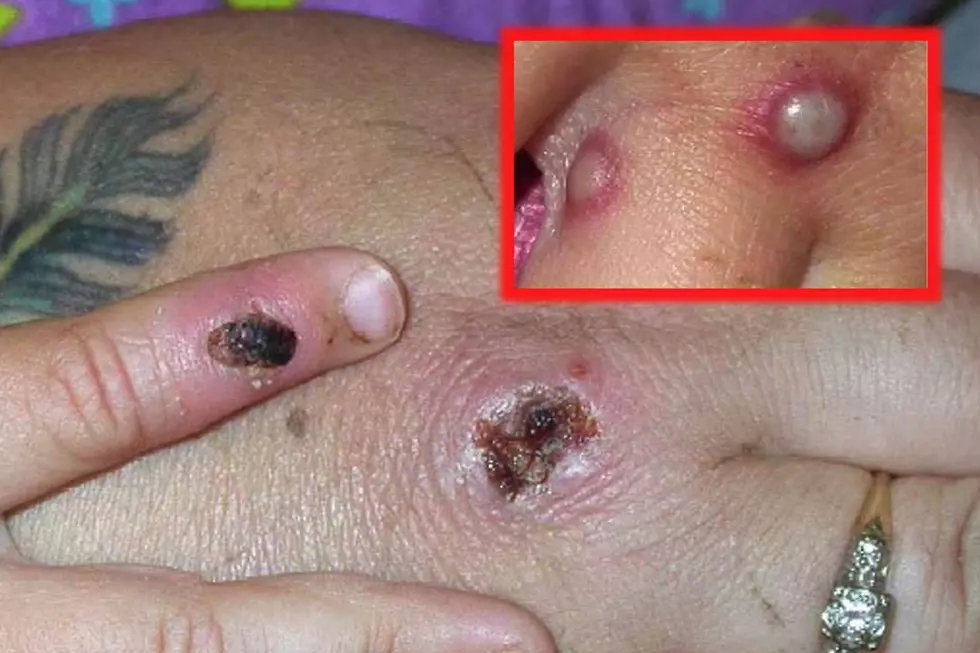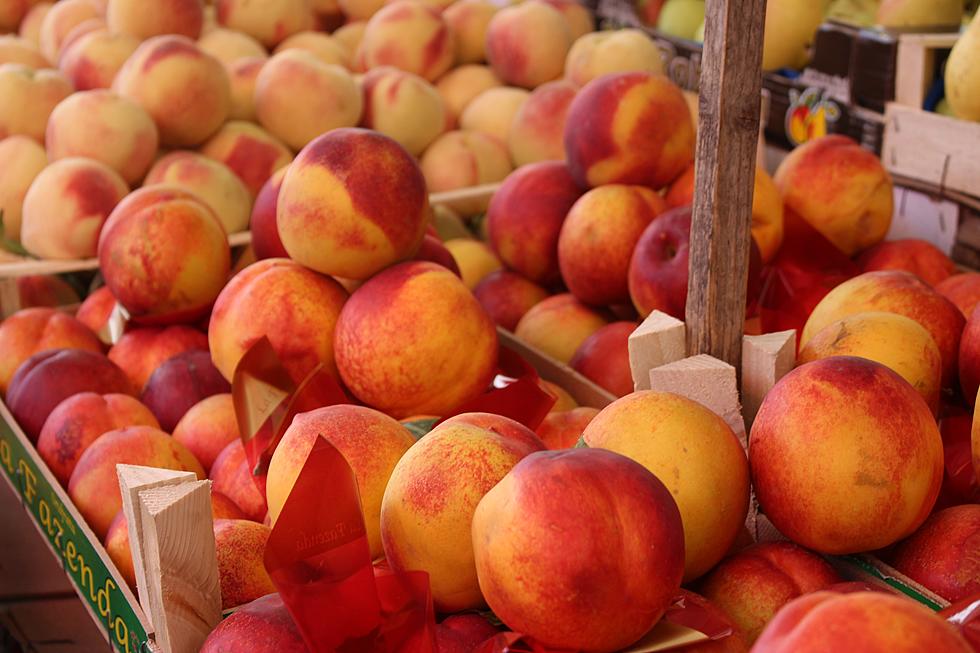
Tips to stay healthy when interacting with NJ farm animals
With spring here and summer quickly approaching, there will be many opportunities for New Jersey residents to interact with farm animals at petting zoos, fairs, festivals, local farms, and other animal exhibitions.
The New Jersey departments of Health and Agriculture are encouraging residents to take certain health and safety precautions.
Interacting with farm animals can be both educational and fun, said Dr. Darby McDermott, New Jersey public health veterinarian at the Department of Health.
What kind of illnesses can humans contract from farm animals?
But farm animals, even the healthy ones, can carry germs that can cause illnesses in humans, she said.
Some of those illnesses can be spread when a person either touches or pets an animal, and then eats or touches his or her mouth. Oftentimes, those illnesses can cause different gastrointestinal discomfort including nausea, abdominal pain, diarrhea, and vomiting.
How can people stay healthy around farm animals?
McDermott said it is so important for everyone to wash their hands thoroughly with soap and water immediately after touching farm animals, or anything in the area where they live in roam. Wash hands after handling animal food, supplies, bowls, or equipment, or after leaving the animal areas, even if you don't actually touch the animals.
If soap and water are not immediately available, she said to use an alcohol-based hand sanitizer that contains at least 60% alcohol. But then wash your hands as soon as possible.
Do not eat or drink in areas where animals live or roam. Do not share your food with the animals, she added.
Children should be properly supervised. Parents and guardians should help them wash their hands thoroughly as well. McDermott said to make sure kids don't take part in any hand and mouth activities such as nail-biting, or finger-sucking. Don't let kids sit or play on the ground in the animal areas and certainly keep any toys or pacifiers away from such areas.
Children 5 years old and younger should not have contact with reptiles, amphibians, or live poultry like chickens because these animals are more likely to make them sick as well.
Do not consume raw milk or soft cheeses and other products made from raw milk. In about half of the states in the U.S., including New Jersey, the sale of raw milk directly to consumers is illegal. More information on the health risks of raw milk can be found here.
How to prevent kicks and bites from farm animals?
McDermott said animals do not like to be surprised. They will usually react by biting or kicking out, which can cause injuries. Be very cautious around farm animals. She said do not stand directly behind them or approach them from the rear. Don't grab their tails or put fingers near an animal's mouth.
She said if someone is bitten by a farm animal, thoroughly wash the bite and seek medical care as soon as possible.
How to protect ourselves during tick and mosquito season?
Ticks and mosquitoes are out and about which can cause illnesses in humans such as Lyme disease and West Nile Virus, said McDermott.
Use insect repellent when outside and sunscreen too. Apply the sunscreen first, then the repellent second.
Check your and your child's body for ticks, If you find an attached tick, remove it right away using clean tweezers with a fine tip. Clean the bite area with rubbing alcohol, soap, and water.
Seek medical attention if a rash, infection, or flu-like symptoms develop following a tick bite.
Taking a few precautions around farm animals, ticks and mosquitoes can go a long way to keep people healthy, McDermott said.
Jen Ursillo is a reporter and anchor for New Jersey 101.5. You can reach her at jennifer.ursillo@townsquaremedia.com
Click here to contact an editor about feedback or a correction for this story.
NJ county fairs make a comeback: Check out the schedule for 2022
More From Beach Radio










